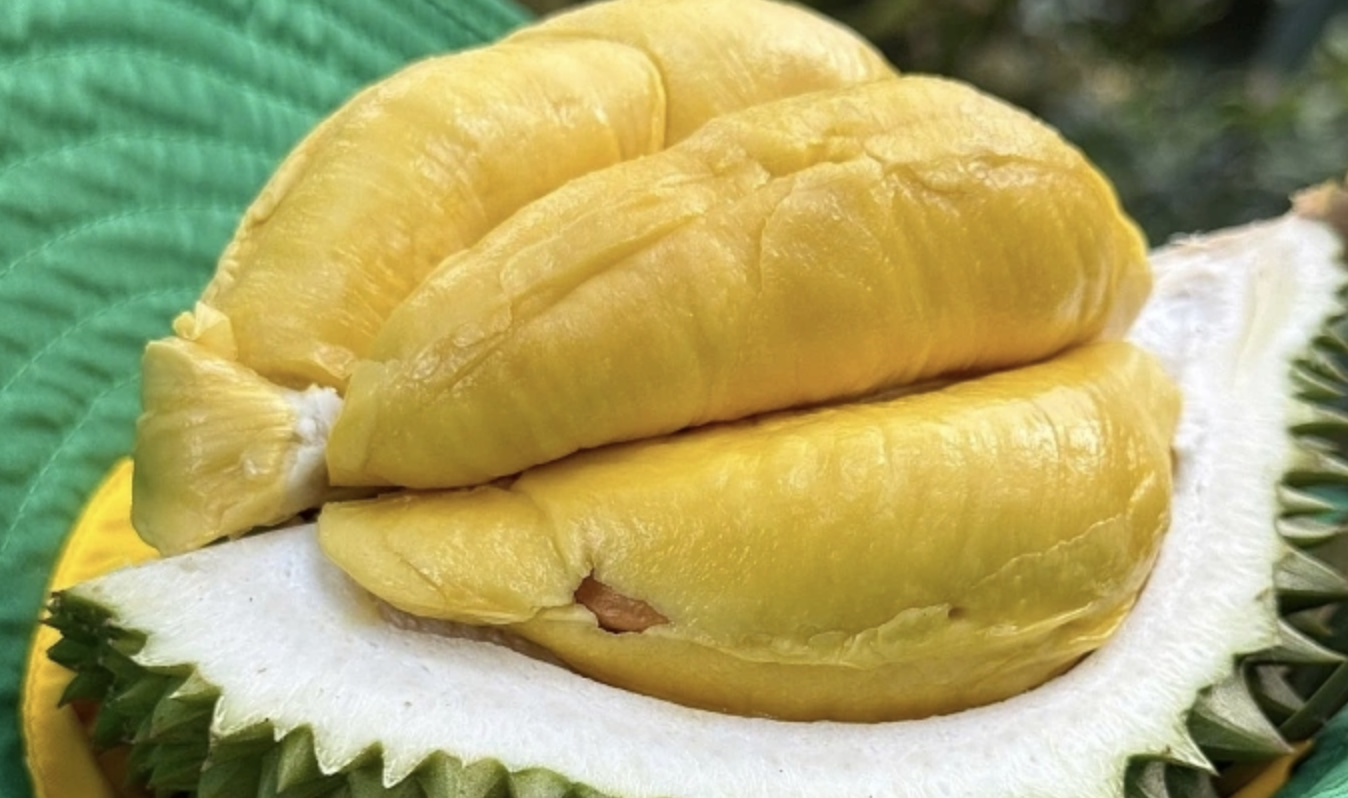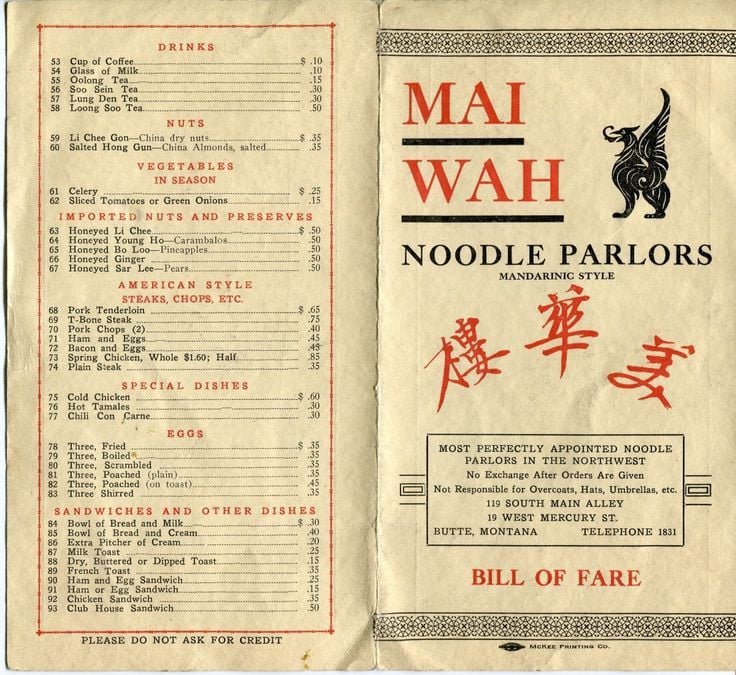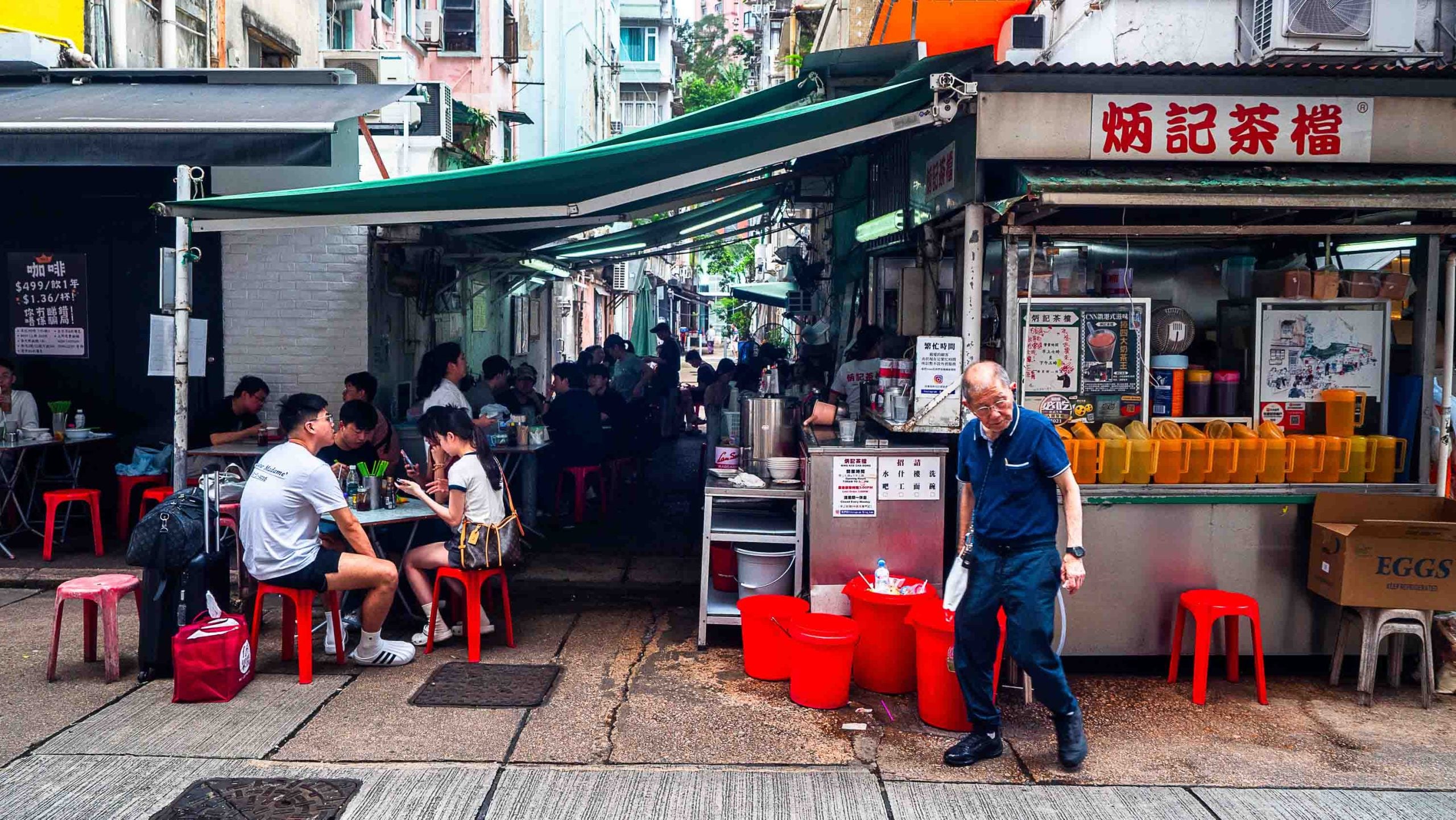Chinese Takeout is a bite-sized, biweekly RADII feature that examines Chinese food from the inside out, by disentangling the (hi)stories behind a single dish or restaurant. Write to us if you have a suggestion or submission.
Zongzi (粽子), a type of sticky rice dumpling packed tightly in leaves, are flying off supermarket shelves in time for the traditional Chinese holiday of Dragon Boat Festival, which falls this year on June 7.
But that’s not to say zongzi is solely a store-bought commodity. Across China, zongzi shops like Pan Family Old Grandmother Zongzi (Pan Jia Lao Apo Zongzi 潘家老阿婆粽子) still make zongzi fresh all day, year-round for eaters in their neighborhood.
The Place
Zongzi are woven into the fabric of this holiday, but freshly-made zongzi are always a local draw in Zhujiajiao (朱家角), a historic water town criss-crossed with canals that’s located within a suburb of Shanghai.
On the otherwise sleepy street of Xinfeng Road, an all-local lunch crowd clamors around Pan Family Old Grandmother Zongzi, waiting to snap up a rice dumpling snack or two. Outside the shop, an employee barks questions and palms out zongzi into outstretched hands, the most expensive selling for 7RMB (around 1USD). In the doorway, the eponymous “grandmother” is in the throes of her repetitive task — rapid-fire scooping egg yolk, meat and grains of rice together in a bamboo leaf, and wrapping the triangular package with her teeth and stained fingers.

The elderly woman is by no means the only “old grandmother” in town diligently wrapping these dumplings in her doorway — her establishment isn’t even the only “Old Grandmother Zongzi” (there are three on Chinese listings site Dazhong Dianping). Crammed side by side in the water town’s winding alleys, dozens of shops are hawking these celebratory dumplings in time for Duanwu Jie (端午节), or Dragon Boat Festival. The reason is as much tied to myth and memory as it is to sating local tastes.

The History
Zhujiajiao is situated in the lower Yangtze River basin, known as the “land of fish and rice” and the source of one of China’s “four great regional cuisines”. It’s fitting then that this snack — made with rice soaked to the point of being condensed and chewy — has a place among its local food attractions.
The origins behind this particular snack are closely tied to a story relating the death of an ancient scholar and poet, Qu Yuan. Slandered by jealous courtiers and banished by the king at the time, Qu threw himself into the river out of depression at being unable to help his country. When made aware of his mistake, the king supposedly told his subjects to toss rice into the water to stop the fish from eating the scholar’s body.
The story is revealing in itself of attitudes towards patriotism and piety (in traditional Chinese culture, it’s seen as detrimental to someone’s memory to allow their body to be destroyed).
Zhujiajiao is many miles from the Miluo River in Hunan province, where Qu met his watery end. Sitting alongside the riverside and watching boats sail by, however, it’s easy to see yourself tossing some crumbs into the water to assuage the greedy fish below.
Related:
 Dragon Boat Races Get the Lego Set TreatmentJust in time for Dragon Boat Festival, you’ll soon be able to build and race your own LEGO dragon boatsArticle Apr 23, 2019
Dragon Boat Races Get the Lego Set TreatmentJust in time for Dragon Boat Festival, you’ll soon be able to build and race your own LEGO dragon boatsArticle Apr 23, 2019
The Dish
Zongzi are typically categorized as either sweet or savory, and may contain anything from mung beans and mushrooms to chestnuts and dates. At any of the hole-in-the-wall shops serving them, like those in Zhujiajiao, diners need look no further than the makers’ metal bowls for clues as to the most famous varieties.
Pork belly is at the heart of one popular version (五花肉粽 wuhuarou zong), which contains a juicy chunk of fatty meat embedded inside each sticky nibble.

Clinging together as a congealed clump, the salted duck egg yolks will end up inside another type of zongzi (蛋黄肉粽 danhuang rou zong).
“It’s like a treasure hunt in your mouth,” recalls a friend of mine fondly about eating zongzi growing up. It’s worth noting that while some types of “traditional” food and drink in China are still seen as “something found in your grandmother’s lunchbox”, zongzi makers have embraced the prospect of internet fame and adapted to evolving palettes. Starbucks even releases a set of limited-edition zongzi each year, which always prove to be newsworthy for some reason. For many young Chinese like my friend, however, classic zongzi still remind her of family reunions and special occasions, and are a treat laden with nostalgia especially when a visit home isn’t possible.
She waxes poetic about how an excellent zongzi in her mind is determined by the light dusting of salt, the meaty flavor that soaks into the clotted kernels, and a firmness in each bite, like taffy, that resists being pulled away from its brethren.

With each year, festivals such as Dragon Boat are no less important than in generations past, and business is still booming for zongzi makers that pawn a taste of nostalgia, bite after bite.
Related:
 Chinese Takeout: A Brothers’ Bond Over Beef in ChengduTwo 60-year-old brothers have run a beef-only restaurant in Chengdu for almost 40 yearsArticle May 09, 2019
Chinese Takeout: A Brothers’ Bond Over Beef in ChengduTwo 60-year-old brothers have run a beef-only restaurant in Chengdu for almost 40 yearsArticle May 09, 2019
All photos by Mayura Jain



















